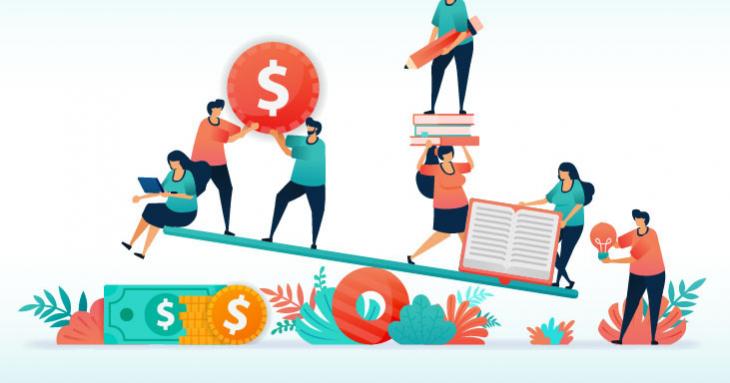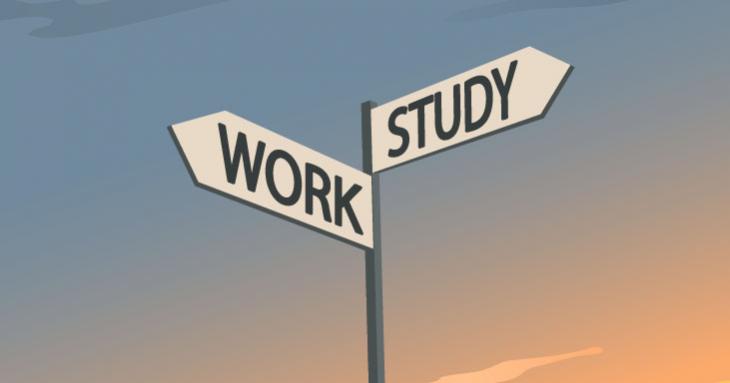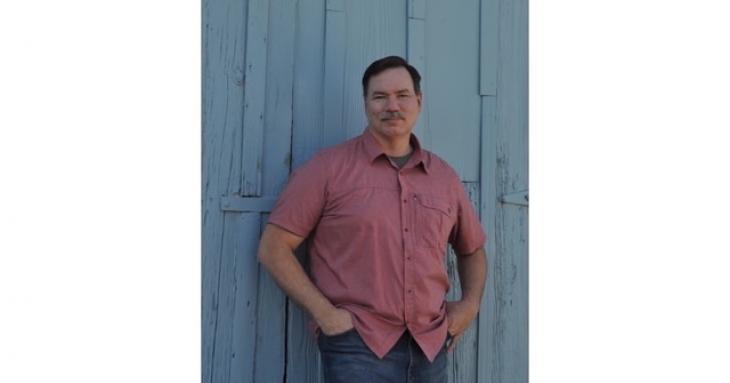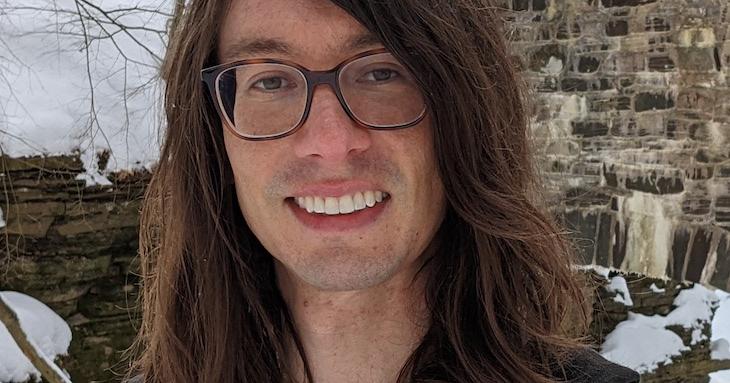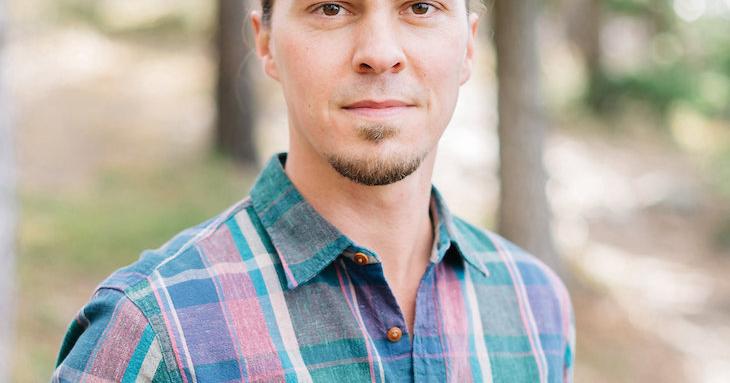-
Steps to boost your tech savvy
As we step into a new normal, there’s one aspect of our pandemic lives we won’t be leaving behind: technology. Digital platforms and tools are more important than ever to businesses and organizations. Employers are increasingly looking for — and promoting — people who understand the full potential of technology to accelerate workplace success.
How tech savvy are you, and how can you build on that skill set? Here are some steps to get you started.
-
Top five life skills to learn before heading to college
So you’re starting college soon. It’s a big deal, especially if you’ll be living away from home for the first time. While the amazing experiences ahead will be accompanied by some challenges along the way, there are key life skills that will help you stay on the path to graduation. Mastering these five things could make a difference for you before, during, and after college.
-
Fostering Peer Engagement in a Remote Workplace
It’s been more than a year since much of the world transitioned to remote workplaces, and it’s still unclear when employees will be back onsite in large numbers. At first, working from home may have seemed liked a nice change from the daily commute. But as time went on, many of us found ourselves missing the casual workplace connections we’d taken for granted. Without face-to-face interaction, it becomes harder to stay engaged. Here are a few ways to foster peer engagement in a remote workplace.
-
Graduate School or No: Weighing Your Choices After Graduation
It seems like you can’t go to college these days without someone asking if you’re going to graduate school. For some, the answer is clear. For others, the decision is much more complex. Here are some questions to ask yourself as you decide whether grad school is right for you.
-
What Motivates Native Computer Science Students?
A new study looks at how giving back helps undergraduates stick with a challenging major
By Christina B. Silva, Dr. Nuria Jaumot-Pascual, Dr. Maria Ong, and Dr. Kathy DeerInWater
-
Melissa Anderson | Fox Lake Cree Nation | University of Manitoba
Melissa Anderson says her academic work at the University of Manitoba is right in line with her “extreme interest” in engineering and physics. Anderson is Ininew, from the Fox Lake Cree Nation in northern Manitoba, and her path into higher education reflects her consistent passion for STEM studies.
-
Luke Schrimsher | Cherokee Nation | Lawrence Livermore National Laboratory
Luke Schrimsher is using alignment lasers to build an optical X-ray system. “That’s the fun part of the job,” he says. A citizen of the Cherokee Nation of Oklahoma, Schrimsher works as an engineering technical associate in the Nondestructive Evaluation Group at the Lawrence Livermore National Laboratory in Livermore, Calif.
-
Danielle Boyer | Ojibwe | The STEAM Connection
Danielle Boyer always has loved “cooking up” robots. So when she started public high school in her hometown of Troy, Mich., after years of homeschooling and volunteering as a science instructor and mentor to younger kids, she immediately joined a FIRST (For Inspiration and Recognition of Science and Technology) robotics team. It didn’t go exactly as Boyer hoped. In fact, it was a very difficult period for her. “I was a girl, and a coder, and the guys made it clear they really didn’t want me there.”
-
Tyler Rust | Oglala Lakota | SUNY Binghamton
For Tyler Rust, the Black Hills region of South Dakota was a natural geology lab. As a boy he camped in the Badlands with his grandfather, studying the astonishing formations and fossils. “From then on I had a persistent yearning to understand myself and my place in the universe,” he says.
Rust and his mom moved around a lot. When they were living with his mother’s parents, his grandfather taught him Lakota traditions and language. Eventually Rust and his mother moved to Black Hawk, S.D.
-
Dr. Clint Carroll | Cherokee Nation | University of Colorado Boulder
He may have been raised in the city, but Dr. Clint Carroll has always felt most at home in the woods. From Texas to Arkansas, and Oklahoma to Colorado, Dr. Carroll’s love of the land developed at a young age. Now an associate professor at the University of Colorado Boulder, Dr. Carroll, Cherokee Nation, uses his knowledge of the land to address tribal environmental issues.



